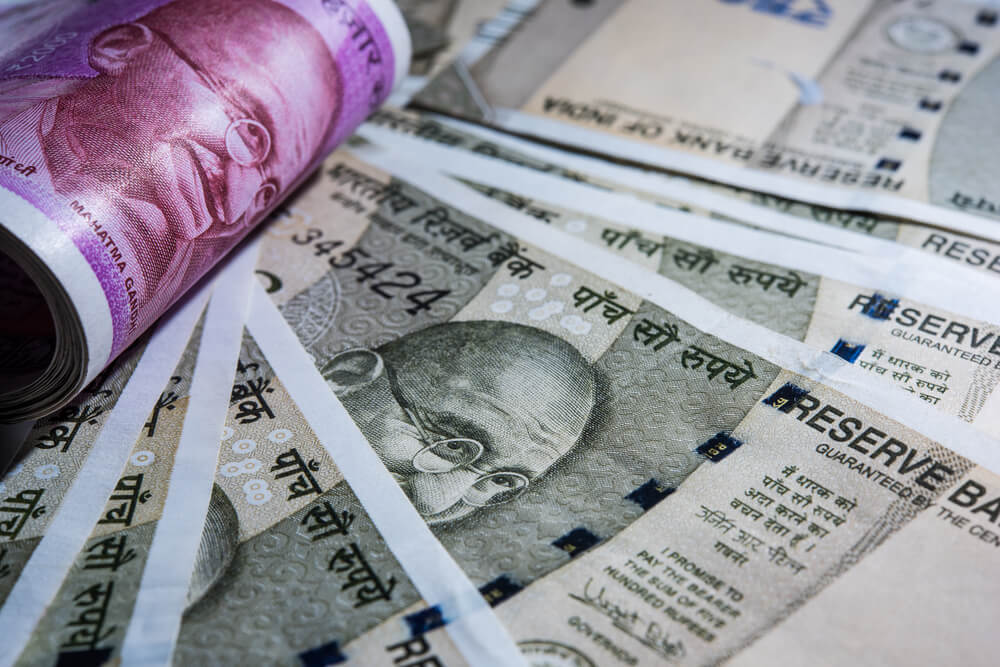Indian government officials have traditionally taken a contrarian stance toward cryptocurrencies. Bitcoin is often scrutinized rather than appreciated. The Reserve Bank of India prohibited the trading of cryptocurrencies earlier this year, but now it seems that the bank may come back on its initial stance.
Reserve Bank of India Policy Reversal?
It is uncommon for banks to turn on their initial decisions involving Bitcoin. Numerous institutions prevent clients from buying or trading cryptocurrencies these days. The Reserve Bank of India is no exception in this regard. A blanket ban on fiat currency-Bitcoin trading has been in effect for several months. The decision forces exchanges to embrace new business models and seek out different markets.
In a communique issued by the bank, one notable point gets a lot of attention. It appears the Reserve Bank of India doubts its cryptocurrency blank ban decision. Rather than oppose the industry, officials now want to keep track of these trades. Failure to do so may push Bitcoin and altcoins into the shadow economy, which is something the government aims to avoid.
The previous monetary reform in India aims to erode the shadow economy plaguing this country. To enforce that rule, a lot of banknotes were deemed “illegal” overnight. It remains unclear if this change has made a positive impact on India’s economy. Through this decision, it seems the RBI wants to avoid a repeat of any potential mistakes made during that time.
What Will Change for Bitcoin?
The bigger question is if anything will change for Bitcoin and other cryptocurrencies. The message shared by the RBI remains rather vague on that front. Focusing on “monitoring” still leaves a lot of room for speculation. The Reserve Bank of India does acknowledge peer-to-peer Bitcoin trading is on the rise. As such, the RBI proposes a model similar to how cash transactions are monitored.
For Indian cryptocurrency enthusiasts, this news sends a mixed message. One has to wonder if the RBI should have taken this approach prior to its blanket ban. Ever since that decision, various exchanges are moving out of India altogether. Some countries around the world are more friendly toward cryptocurrency firms.
This new development may also affect the upcoming supreme court hearing on September 11th. At that time, the officials will decide the ultimate fate of Bitcoin and alternative currency trading in India. The outcome of this decision remains up in the air, given all of the recent developments. If the ban is maintained, the ecosystem will continue to struggle for traction in the country.
Do you think that India will reverse its decision on cryptocurrency trading? Why or why not? Let us know in the comments below.
Image courtesy of ShutterStock



